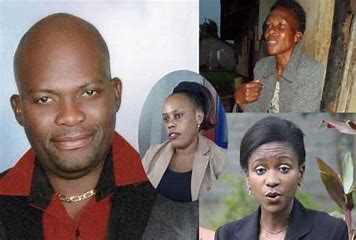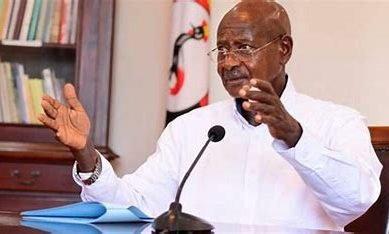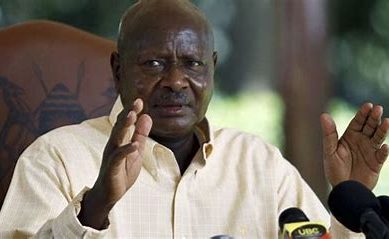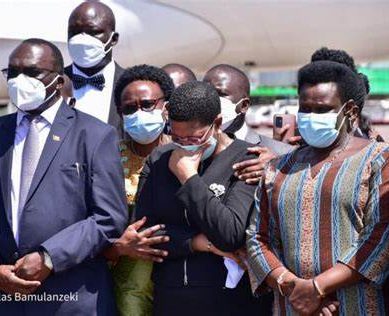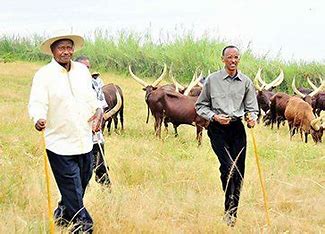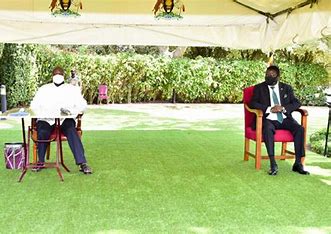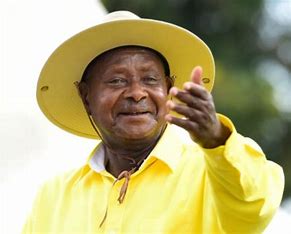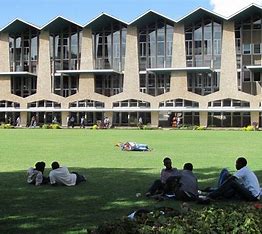Africa: There is need to rethink teaching; the greatest teachers like Jesus Christ, Socrates, Albert Einstein, etc, had no degrees
It is common these days to come across learners complaining, like Galileo did more than 450 years ago, that their teachers and professors do not put their own thinking and ideas in their teaching; that they regurgitate writings of others, which they coerce them to reproduce in examinations to earn grades and/or degrees. While the situation is not too bad in the West, it is becoming serious in poor countries such as Uganda where knowledge workers now find it a burden to read and write and/or what they write are reproductions of the minds of their lecturers and professors.
Creative Destruction: Uganda is in serious midlife crisis and old thinking must die to give way to rebirth
President Museveni has discouraged the universities from admitting large numbers of students and staff in the humanities and social science, completely unaware that these days the three broad areas of knowledge are interconnected in this era of new knowledge production. He is demanding innovations from his scientists and his new Ministry of Science and Technology.
Uganda: We’ve seen far more problem creation than solving in Museveni’s 37 years in power
Let me introduce the idea of TRIZ. You may or may not have heard of it. The term “creative destruction” was first defined by economist Joseph Schumpeter as mutation that incessantly revolutionises the structure from within, incessantly destroying the old one, incessantly creating a new one. Applied to human beings rather than economies, creative destruction is a way to incessantly stop behaviours and practices – that when stopped – make space for new things.
Why there’s steep decline of trust in Ugandan intellectuals: They eat from both sides of the mouth
One distinguishing feature of our elites is that they are greedy and selfish and believe only today and now matters. They are not so futuristic in their thinking; meaning that they do not factor future generations in their equation and are more oriented towards exploiting goods and services, conquering nature and the anti-conservation attitude is almost universally developed amongst them as is the attitude that they are modern.
Beware! Ugandans now fear Museveni and Kagame are preparing the Great Lakes Region for Tutsi-Hima dynasty
FRONASA was, therefore, a deceptive coinage. The absolute majority of Ugandans never imagined that it referred to salvation of the Tutsi nation. They did not think about it critically. They were hoodwinked into thinking and believing that FRONASA was about salvation of Uganda. Like the nation of Israel that had become a refugee nation in Egypt, and needed God to organise its salvation through the hand of Moses, the Tutsi nation became a refugee nation in Uganda where many were in in dehumanising slavery. They needed Tibuhaburwa Museveni to salvage them. He performed, and has been performing, the task very effectively using his high military and political acumen, combined with capacity to use his tongue skilfully to convince the masses and the elite that he means well for Uganda.
How Tutsi cultic hegemony crept into Uganda power echelons and built a crime empire via militarisation
Both in 1926 and 1959 the Hutus revolted against the harsh, repressive Tutsi rule, forcing the Tutsis to flee to Uganda. In 1926, the British colonial rulers welcomed them in their evolving British Protectorate of Uganda, finding them useful in the emerging sugar industry. Even in 1959, the colonial rulers welcomed more Tutsi refugees following renewed social and political conflicts between Hutus and Tutsis. Many mixed freely with the population but a good number were put in refugee camps in Western Uganda.
How ‘business confidentiality’ in Uganda provides avenues for ravenous ruling elite to unleash terror on environment
Towards the beginning of the 1980s the University of Nairobi, Kenya, was the only University in the whole world that was training student in the Biology of Conservation at masters level. I was one of the first three Ugandans to benefit from the programme, but the last of them. The...
Time warp: Under Museveni life seems to stop in Uganda as he pursues modernisation mirage
It should, however, be echoed and re-echoed that long ago modernisation theory failed in Africa because it was promoted on the flawed assumption that that it was a Eurocentric or Western idea. The post-colonial leaders, under their pan-African political philosophy detested it. They particularly detested modernisation’s assumption that Western civilisation was technically and morally superior to the civilisation of traditional societies, and implied that traditional values were of little value, and should, therefore, be erased in favour of Eurocentric values.
African universities: Case of the still point of a turning wheel in a world keen on future-ready professionals
Designers of education programmes must open up to the new cultures of knowledge so that instead of continuing to glorify individual achievers, we have education curricula that can produce people who value teamwork and can work think and reason in integrated teams and communities of knowledge, benefit from realms of meaning and understanding and develop new wisdoms and insights through crossing knowledge boundaries and linking of knowledge by means of the team sciences – also called learning sciences – of interdisciplinary science, cross-disciplinary science, transdisciplinary science and non-disciplinary science.




